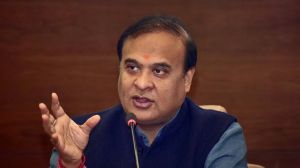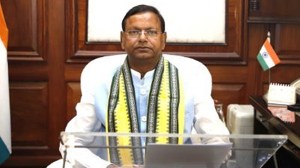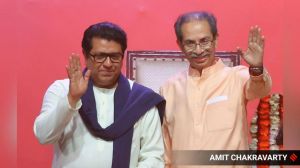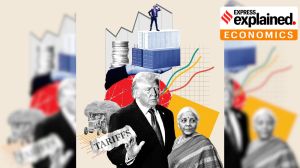The vote test
It is a comment on the over-centralised nature of our political parties that the Congress has sustained such a buzz with its election programme for its youth wing.
It is a comment on the over-centralised nature of our political parties that the Congress has sustained such a buzz with its election programme for its youth wing. The partys effort to invigorate its ranks with young recruits is being propelled by the Rahul Gandhi-led calendar for organisational elections in the Youth Congress and the NSUI. To this end,former election commission officials have been roped in to make the process accountable and transparent. A proposal is now reportedly gaining currency to open up the posts of Pradesh Congress Committee chiefs to the candidates who poll the most votes. As reported in this newspaper on Wednesday,several PCC appointments are currently on hold,so that current incumbents can be replaced through elections.
Internal party democracy is usually gauged on a relative and rather forgiving scale. Some of the smaller parties adhere to such a personalised and closed structure that everybody else looks democratic by example. The Congress and the BJP,the two biggest parties,continue to use phrases like high command when beset by organisational issues. Most recently,the rebellion within the BJPs Karnataka government was openly settled in New Delhi; and assembly elections are most often accompanied by professions by Congress leaders that their party president would decide whod be chief minister. This predictably gives excessive,and corrosive,clout to the coteries that form in the central unit,with leaders humming around the centres of party power in Delhi invested in keeping local leaderships on edge and thereby beholden. This is why the Congresss proposal,which can strengthen the party in more ways than simply settle clashes of ambitions in PCCs,comes with many posers.
The corollary of such a step would be a realistic reduction in the clout of hangers-on and power-brokers. They are obstacles in bringing internal democracy not just because theyd lose power in the process,but also because they are needed to carry through the change. For political parties,benefits range from transparency to accommodation of the widest possible array of ambitions and issues. But will they find the collective will to submit to genuine inner-party democracy?
- 01
- 02
- 03
- 04
- 05































